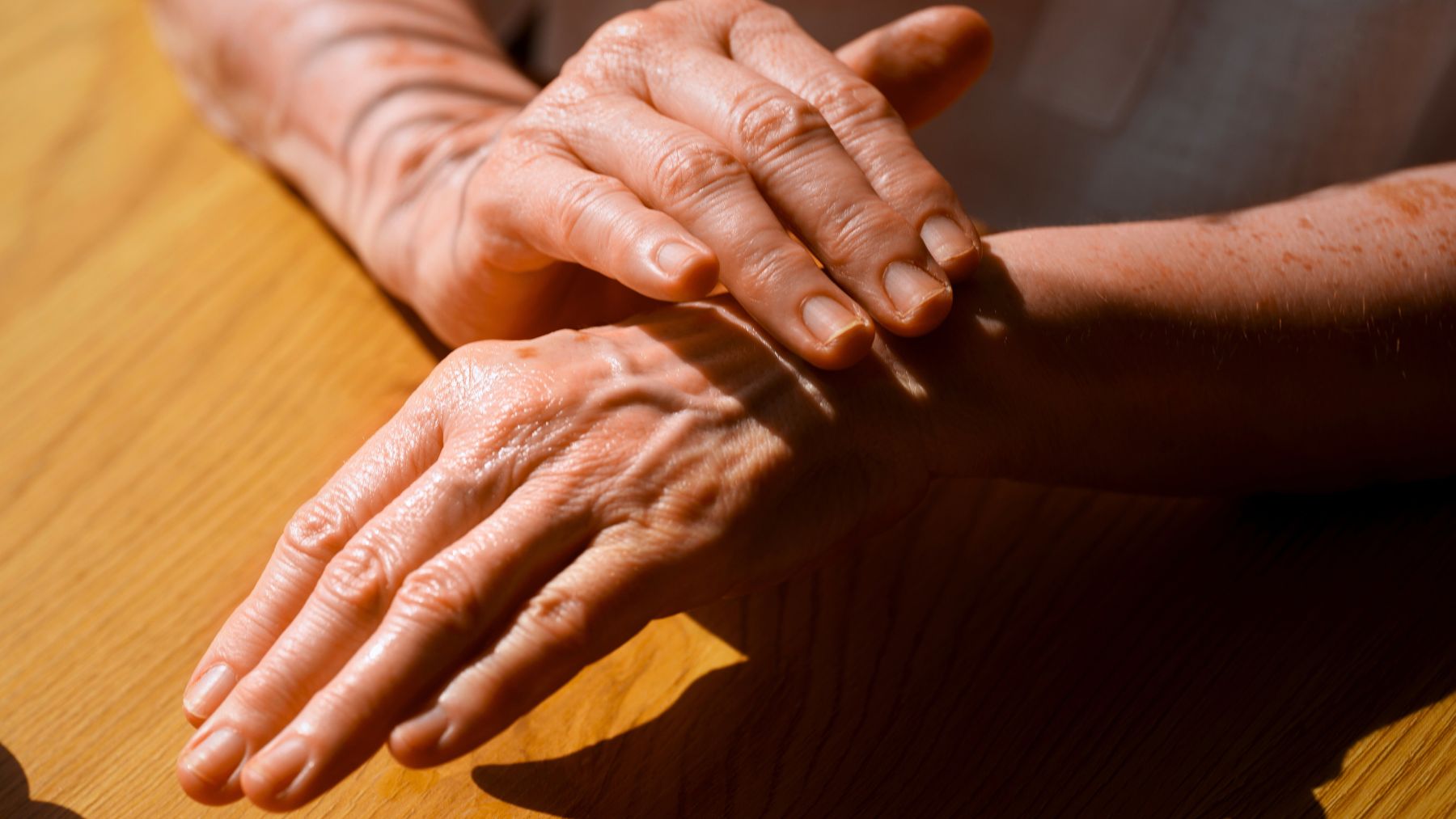Could the speed of your nail growth indicate your potential longevity? According to Harvard geneticist David Sinclair, the answer might be yes. His work suggests that a rapid rate of nail growth may reflect robust cellular repair, efficient blood flow, and overall vascular health, all crucial for slowing the aging process.
Here, we’ll delve into Sinclair’s findings and examine a study published in the Journal of Investigative Dermatology that tracked nail growth in hundreds of adults over several years. We’ll also offer practical guidance on nutritional strategies and wellness practices that can support healthy aging.
How your nails might predict longevity
Sinclair’s theory rests on two critical bodily functions: cell regeneration and blood circulation. Fingernails develop as new cells are generated in the nail bed, a process that depends on a steady supply of nutrients delivered via the bloodstream. A quicker rate of nail growth may signal that your body is more adept at repairing tissues and maintaining cellular integrity.
The study referenced by Sinclair found that after the age of 30, nail growth declines by roughly 0.5% annually. Those whose nails grew faster than average tended to exhibit favorable biomarkers associated with longevity, such as balanced hormone levels, optimal metabolic function, and improved circulation.
Conversely, reduced nail growth is often linked to diminished blood flow, nutrient deficiencies, and impaired cell repair mechanisms, all factors associated with accelerated aging. As it reflects the body’s capacity for regeneration and efficient metabolism, when these processes decline with age, nail growth slows.
How to boost blood circulation
Since healthy blood flow supports overall longevity, investing in your vascular health is a practical strategy for maintaining youthfulness. Consider the following steps:
- Move consistently throughout the day: Engage in aerobic exercises such as brisk walking, cycling, or even short bursts of physical activity like taking the stairs. These strengthen your heart, improve vascular function, and enhance blood flow, contributing to efficient nutrient delivery.
- Eat nitrate-rich foods: Incorporate vegetables like spinach, beets, and arugula into your diet. They contain compounds that convert to nitric oxide in your body, which helps dilate blood vessels, facilitating circulation. Pair these foods with antioxidant-rich berries or citrus fruits to protect the vascular system from oxidative stress and inflammation.
- Stay hydrated: Adequate hydration is essential for maintaining optimal blood viscosity. Dehydration can thicken the blood and impede circulation. Aim to drink half your body weight (in pounds) in ounces of water each day. For example, a 150-pound individual should target around 75 ounces of water daily.
- Manage stress: Chronic stress can lead to the constriction of blood vessels. Incorporate stress-relief practices such as daily breathwork, mindfulness meditation, or yoga.
- Avoid smoking and limit alcohol: Smoking and excessive alcohol consumption damage blood vessels and interfere with the efficient delivery of nutrients to cells. Reducing or eliminating these habits can have a significant positive impact on your circulation.
Fast-growing nails don’t guarantee a longer life, but may indicate that your body is aging more healthily. While the rate at which your nails grow may not be a definitive measure of lifespan, it serves as a reminder that nurturing your circulation is a necessary step for a long life.

